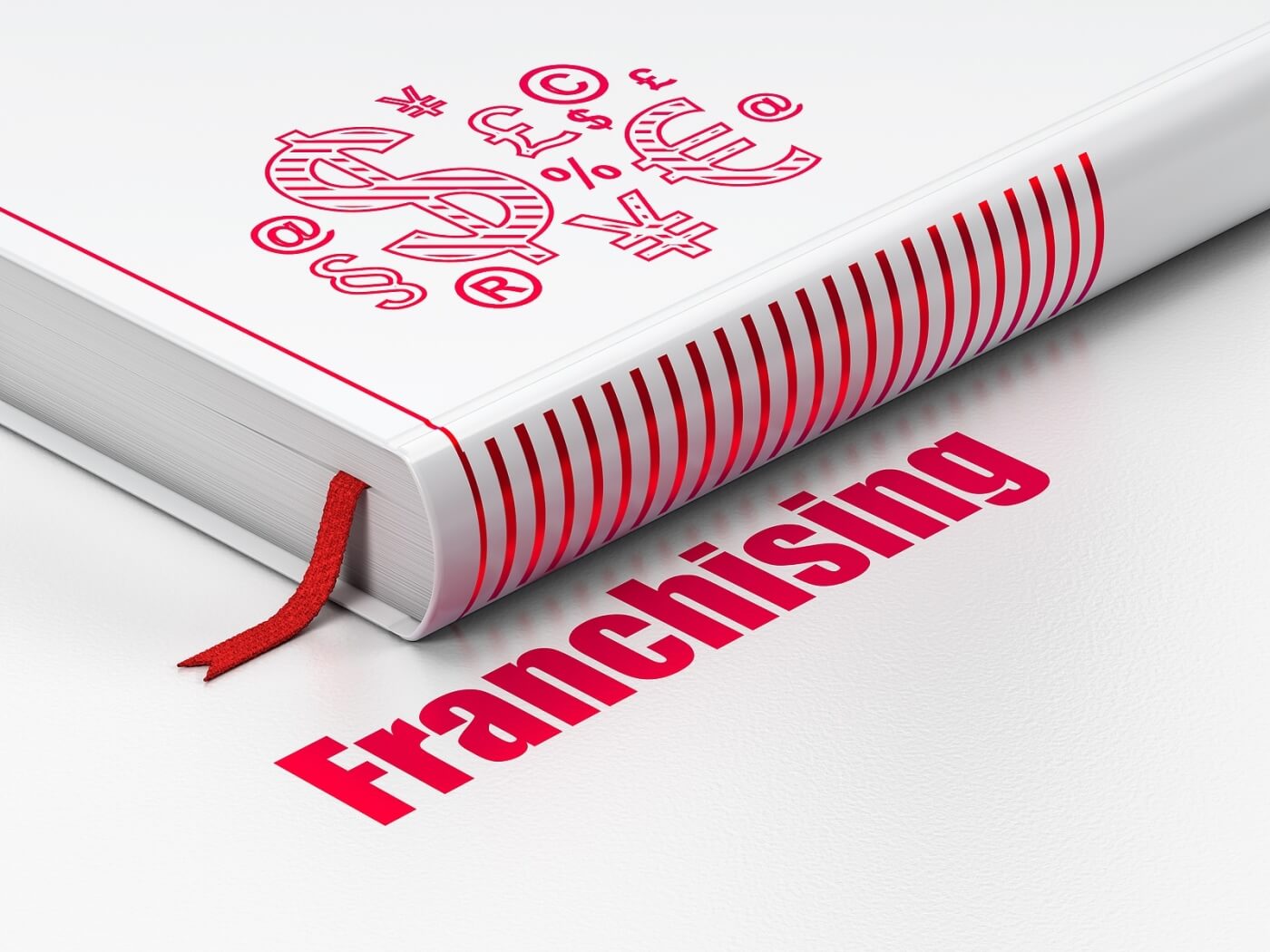One of the most stressful and often daunting steps of investing in a business for a candidate is securing the financing for their franchise. If you are fortunate enough to be independently wealthy and can afford to finance it yourself, well, let’s face it, you probably wouldn’t be reading this blog. But if you are, you should maybe be looking into a multi-unit strategy for franchise investment. If not, let’s dive into the ins and outs of financing your franchise dreams.
Table of Contents
Why is it important to have a good Franchise Financing Plan?
The process of financing is often where franchise dreams are either dashed or delivered. All of a candidate’s financial “skeletons” will come to light. Bankruptcies, credit hits, liens, DIR, and anything that could pose a liability to the lender are likely to be exposed. This is why many times your franchise salesperson is going to be very interested in verbally qualifying a lead, pretty much before they take any further steps.
However, the truth is there is nothing to be afraid of and if you have a franchisee candidate that thinks they are the only one who has ever had any financial hiccups, send them to the analysis room, there could be more opportunities to create a financing structure than they think. Understanding how to finance your franchise is the first step into the reality of achieving the franchising dream. It is thorough and it is at times complicated. It is your choice as the franchisor to decide just how involved in that process you want to be.
What Types of Financing Are Used To Fund A Franchise?

When you think of financing you often think of financing a home, a home renovation, a car, etc. Franchise Financing is not really any different, except candidates are buying something that can make them money and build for a more abundant financial future. There are several different types of loans for franchise financing a franchise that every candidate could consider:
- 401K Roll Over (ROBS)
- SBA loans
- FLEET Financing
- Securities Backed Line of Credit
- Alternative financing options
Being able to speak with confidence about these various options could mean the difference between awarding a franchise and losing a candidate at this stage of the conversation. If this is a trend you are seeing in your own pipeline
401K Roll Over (ROBS)
A 401K Roll Over, also known as Rollover for Business Startups (ROBS), is a financing method that allows entrepreneurs to use their retirement funds to invest in a new business or franchise without incurring early withdrawal penalties or taxes. This process involves rolling over funds from a qualified retirement account, such as a 401(k), into a new 401(k) plan established by the new business. The new plan then buys stock in the new company, providing it with the necessary capital to operate.
Key Points:
- Uses retirement funds for business investment.
- Avoids early withdrawal penalties and taxes.
- Involves setting up a new 401(k) plan within the business.
- Suitable for individuals with significant retirement savings.
SBA Loans
Small Business Administration (SBA) loans are government-backed loans provided by participating lenders, such as banks and credit unions. The SBA guarantees a portion of the loan, reducing the risk for lenders and making it easier for franchisees to obtain financing. There are different types of SBA loans, such as the 7(a) loan program, which is the most common and can be used for various business purposes, including purchasing a franchise.
Key Points:
- Government-backed loans with favorable terms.
- Provided by participating lenders.
- Various SBA loan programs available (e.g., 7(a), CDC/504).
- Suitable for new and existing small businesses.
- Veterans or women Entrepreneurs franchise grants
FLEET Financing
Fleet financing is a specialized financing option designed for businesses requiring a fleet of vehicles. This type of financing can be used to purchase or lease multiple vehicles, which is often necessary for franchises in industries such as delivery, transportation, or services that involve mobile operations. Fleet financing can include various financial products such as loans, leases, or lines of credit tailored to the specific needs of managing a vehicle fleet.
Key Points:
- Specifically for purchasing or leasing multiple vehicles.
- Useful for businesses needing a fleet for operations.
- Can include loans, leases, or lines of credit.
- Suitable for franchises in transportation or service industries.
Securities Backed Line of Credit
A Securities Backed Line of Credit (SBLOC) is a flexible financing option that allows franchise owners to borrow against the value of their investment portfolio. This type of credit line is secured by the borrower’s securities, such as stocks or bonds. It typically offers lower interest rates than unsecured loans because the lender has collateral. The borrower continues to own and earn returns on the underlying securities, providing liquidity without liquidating assets.
Key Points:
- Borrow against the value of investment securities.
- Secured by stocks, bonds, or other investments.
- Generally offers lower interest rates.
- Allows continued ownership and returns on securities.
- Provides liquidity without selling investment
Alternative Financing Options:
Conventional Loans
Conventional loans are traditional financing options provided by banks and private lenders that are not insured or guaranteed by the government, typically requiring good credit and a down payment.
Home Equity Line of Credit (HELOC)
A Home Equity Line of Credit (HELOC) is a revolving line of credit secured by the borrower’s home equity, allowing for flexible borrowing up to a set limit as needed.
Unsecured Loans
Unsecured loans are loans that do not require collateral, relying solely on the borrower’s creditworthiness, often resulting in higher interest rates compared to secured loans.
Why Understanding Funding for Franchises Matters…
The best of the best Franchisors don’t leave any stone unturned with a potential franchisee. They are mindful that every stage of the process is just as important as the last and what lies ahead. So when the topic of financing comes up, it will be important to know how to offer guidance to those who may need it.
Investing your life savings, putting your home up as collateral, or taking on debt of any kind is not a decision anyone is going to be careless with. A franchisor who is knowledgeable, patient, and communicative when the financing conversation comes up is going to be more appealing to a potential franchisee than someone who punts on 4th down and leaves the candidate to navigate that stage alone.
Here are a few resources to learn more about Franchise financing:


